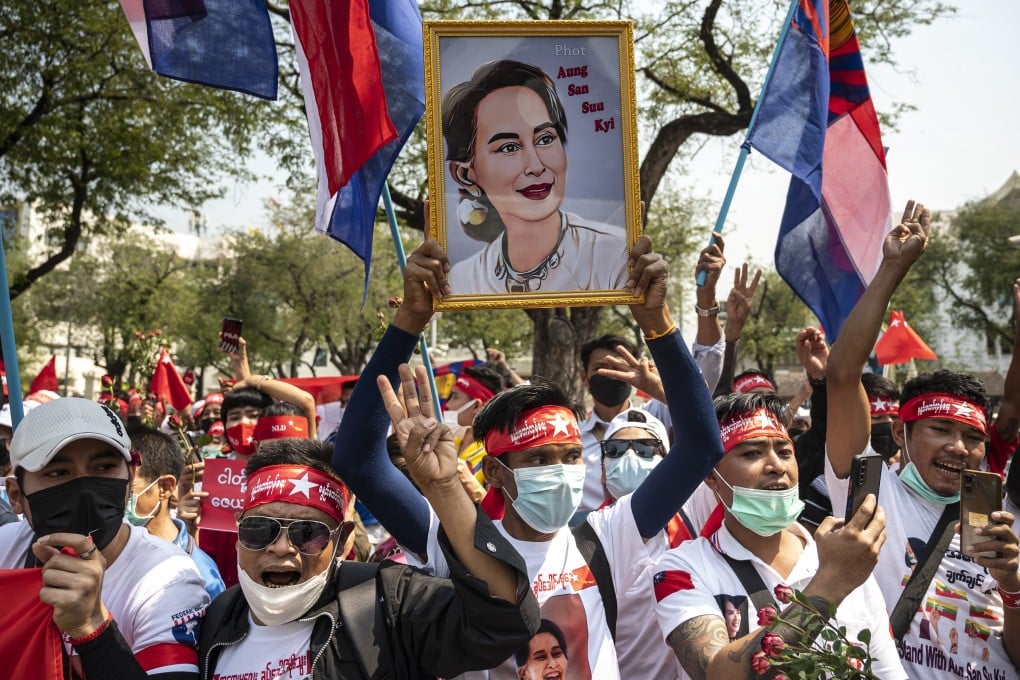Is Myanmar junta’s partial pardoning of Aung San Suu Kyi a ‘cynical ploy’ for goodwill?
- Analysts say the partial pardon is the junta’s attempt to ‘buy some time’ in reducing international pressure to restore order
- The move comes as views against the junta start to harden, over its air wars, and as it steps up its campaign of terror against the population

The pardon means six years will be shaved off the democracy icon’s 33-year jail term, and came as part of an amnesty under which more than 7,000 prisoners were freed across the strife-torn country.
Zachary Abuza, professor at the National War College in Washington, DC, said the pardoning of Suu Kyi on trumped-up charges was “nothing more than a cynical ploy by the junta to elicit some goodwill”.
It comes as international views against the junta are hardening over their air wars, and amid the intensification of the campaign of terror against the population, Abuza said.
“They are simply hoping that enough states will view this as a moderation of their stance and a sign that they are looking for an off-ramp, when all they are doing is trying to buy some time for themselves,” said Abuza, who focuses on Southeast Asian politics and security issues.
In recent months, the military junta has increased the number of deadly air strikes against the growing armed and civil resistance to its rule; rights groups have said that most of the targets and victims were civilians.